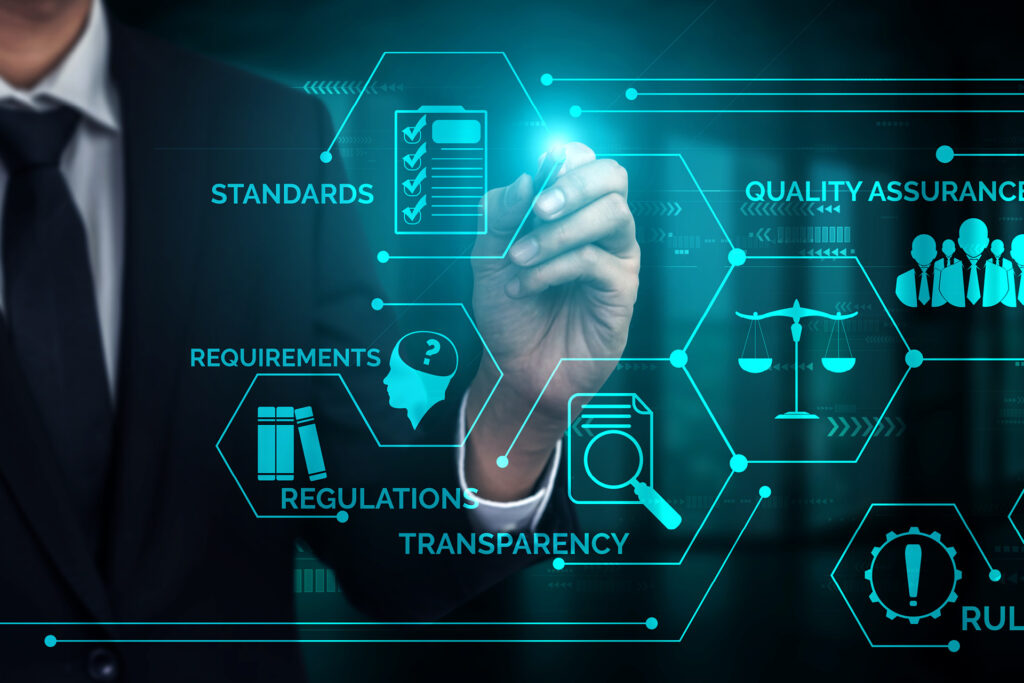This last time there has been a lot of talk about ChatGPT. This artificial intelligence technology, chatbot type, was designed by the OpenAI organization to process and generate text in response to questions and conversations on a wide variety of topics.
The legal profession is an exciting and fast-growing field but it comes with many challenges. For example, lawyers must protect client confidentiality and ensure that all communications are conducted professionally.
There are a number of ways that technology like ChatGPT can be used in the legal industry. It can help lawyers to save time and effort on routine tasks, which frees up more time for high-value activities such as providing legal advice to clients.
Chat GPT can be used for various tasks, from conducting research and verifying facts to writing documents and drafting summaries. It can also be used to help with scheduling appointments and managing client relationships.
How does it work?
It uses natural language processing techniques to understand the meaning of words and phrases in context and provide relevant and useful answers to its questions. ChatGPT describes itself as: ‘an artificial intelligence tool designed to help people get answers to their questions and have interesting and productive conversations online.’ Microsoft invested USD 10 billion, which generated great expectations about how this tool could change how we work and how Internet search engines provide us with information.
Chat allows you to ask it anything you can think of, ask it to write or translate all kinds of texts or documents and even design a code for programming. From one day to the next, it gained great popularity, and ChatGPT reached one million users in just 5 days.
From the legal field, this technology can also write legal documents in record time. In fact, ChatGPT is already being referred to as a legal tech tool.
How can I use it if I am a lawyer?
This artificial intelligence tool allows two ways of use to save time in drafting all kinds of documents. As well as essays writer, the first is to ask the application to draft a type of document, and it can be a contract, a promissory note or a lawsuit.
However, the application warns that it is necessary to be accompanied by a legal professional as this tool does not replace the work and knowledge of a lawyer. However, the technology is still not considered completely reliable because, for example, there have been cases in which ChatGPT invented information.
The software has been tuned for legal use to eliminate risks, but humans must carefully examine everything generated by AI. The second way is to take a paragraph from an already written document and ask ChatGPT to find spelling or grammatical errors; translate or summarize the content, saving a lot of time in the process.
Another important functionality that can be valuable for lawyers is the search of jurisprudence since it is difficult to remember all the laws related to a given topic, and using ChatGPT, you can access a fairly complete list of legislation related to a given topic.
There are risks associated with the use of this tool in the legal industry. The accuracy of AI-generated information is fundamentally questionable, and any errors can have serious legal consequences. In addition, lawyers may rely too heavily on technology, which can hinder their ability to evaluate information and make decisions.
As a result, AI can provide automated answers to simple legal questions. Still, it cannot understand more complex legal concepts or interpret the law or case law, meaning it cannot provide the same level of advice and guidance as an experienced lawyer with their experience, knowledge and analysis.
As ChatGPT and other AI tools become integrated into the legal industry, lawyers must understand the benefits and risks of using these technologies. Generative AI can be a valuable tool for legal professionals. However, lawyers will not be replaced by artificial intelligence. As mentioned, a lawyer’s efficiency, advice and guidance can be crucial in winning or losing a case.






